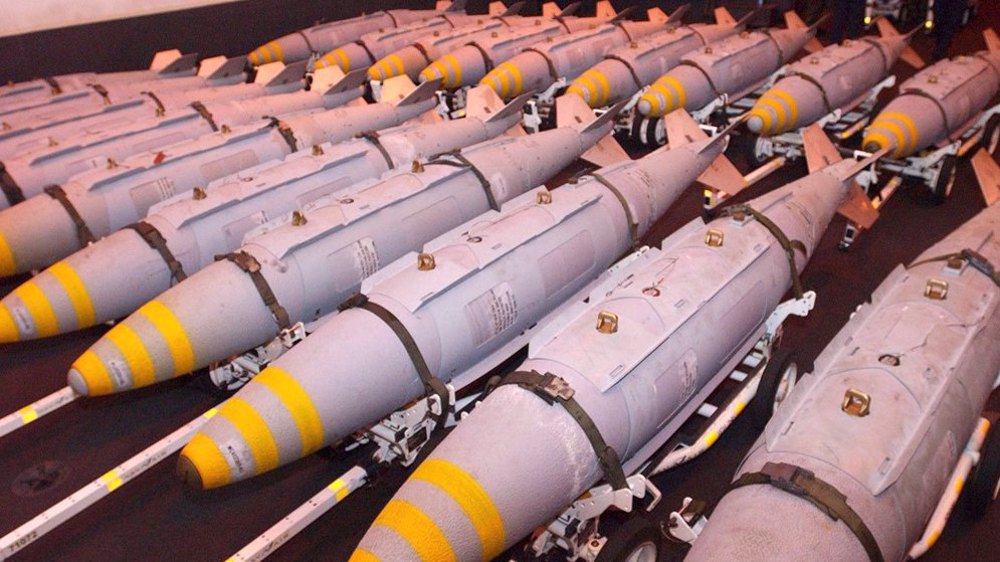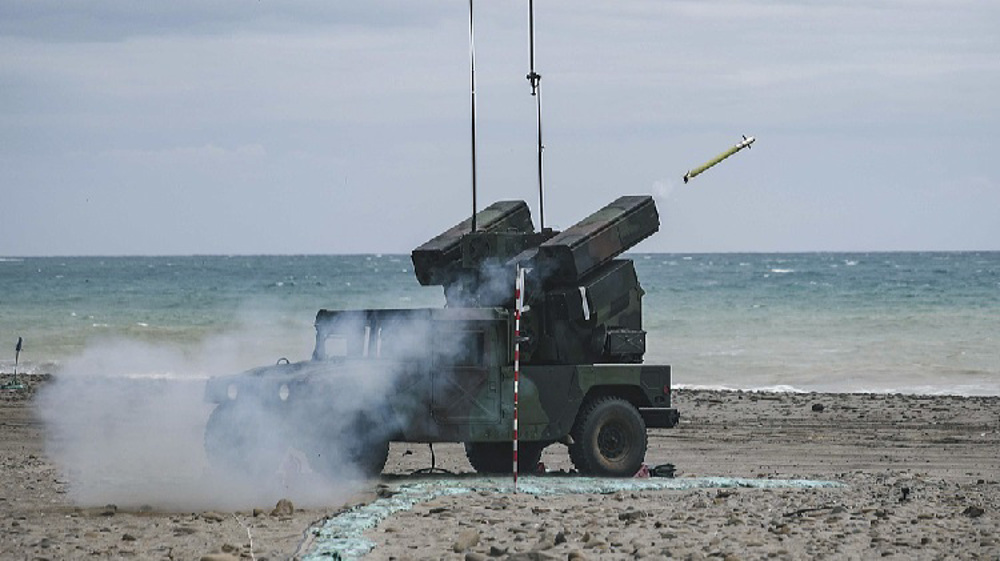US military to upgrade outposts in Turkey
The US military is set to upgrade a number of its facilities in Turkey’s Incirlik Air Base and other discrete outposts that it uses to run operations across the region, according to the White House's proposed 2018 budget.
The US Air Force has requested about $26 million in funding to build a new dormitory for airmen deployed to Incirlik, which plays a key role in the US-led coalition’s aerial campaigns in Iraq, Syria, Afghanistan and Pakistan.
The spending bill also includes a $6.4 million request by the US Army for an undisclosed "forward operating site."
The requests indicate that Turkey, a close NATO ally of the US, is going to remain a key operating base for US military missions for the years to come.
The Pentagon is planning to build dormitories to accommodate 216 Security Forces airmen currently stationed at Incirlik, which will help reduce their operational response time by situating them closer to the base's military operations center.
Since Mars 2016, when American military families at Incirlik amid "increased threats from terrorist groups," the Air Force says it has converted vacated family housing into unaccompanied housing but a 95-percent occupancy rate at those units has been a source of problem.
Ties between the US and Turkey soured in July 2016 after a botched military coup against Turkish President Recep Tayyip Erdogan.
Back then, Ankara accused Washington of facilitating the mutiny which involved some of the airmen serving at Incirlik. The dispute did not affect the military cooperation between the two sides.
Mysterious US Army site
While the nature of USAF’s decades-long presence in Turkey has been somewhat clear, the US Army’s role in the country still remains a secret.
US Army Europe rejected requests to provide more details on the mysterious $6.4 million forward operating site, citing operational security concerns.
It is known that the service quietly mans a missile battery at a small outpost in eastern Turkey about 450 miles from Turkey’s eastern borders with Iran. The missile system is part of Washington’s so-called European Phased Adaptive Approach, which the Pentagon says is designed to protect US allies from “Russian aggression.”
2 more Israeli forces killed in N Gaza: Reports
Iran relies on natural gas for nearly 90% of its power production: Expert
US embassy in Beirut blocks Iraq-Lebanon humanitarian air bridge
VIDEO | UK's Starmer targets journalists
Israel plans to displace Palestinians in occupied West Bank: Hamas
Iranian airlines ramp up Istanbul route flights after EU sanctions
British protesters slam UK’s complicity in Gaza genocide on Balfour day
US surgeon haunted by Gaza children with ‘single gunshot wounds to head’











 This makes it easy to access the Press TV website
This makes it easy to access the Press TV website